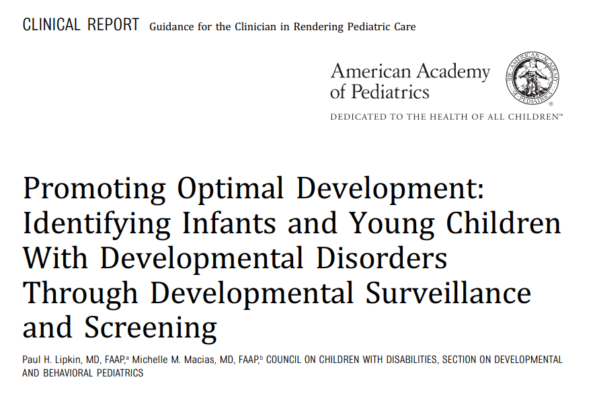Mid-Level Developmental Assessment: The MLDA Framework

Mid-level developmental assessment (MLDA) identifies children with developmental or behavioral challenges as early as possible and provides recommendations for and connection to appropriate and existing services. It is a set of protocols with both process/procedures and formal assessment tools that are global measures across all domains of the developing young child. MLDA results in the determination of developmental and behavioral delays in each domain and develops strategies for intervention that most likely will help a child make fullest use of their developmental potential. The report outlines MLDA core principles, requirements, and components. It also includes case studies and resources to implement MLDA, such as job descriptions, a physician questionnaire, and protocol guidelines.
MLDA Core Principles
- Young children have limited or no verbal skills and limited expressive language skills.
- Each area of development is influenced by every other domain of development.
- Young children are developing and changing at a rapid rate.
- Children’s behavior reflects the values and culture in which they are raised.
- Developmental problems in young children can be subtle.
MLDA is conducted in community-based agencies or practices that provide clinical, fiscal, and administrative oversight, such as behavioral health or pediatric practices. MLDA sites need to have demonstrated strong ties to pediatrics and to a range of early childhood and family development programs (e.g., early care and education, home visiting, and case management). The community base gives support to families with easy access in familiar surroundings.




